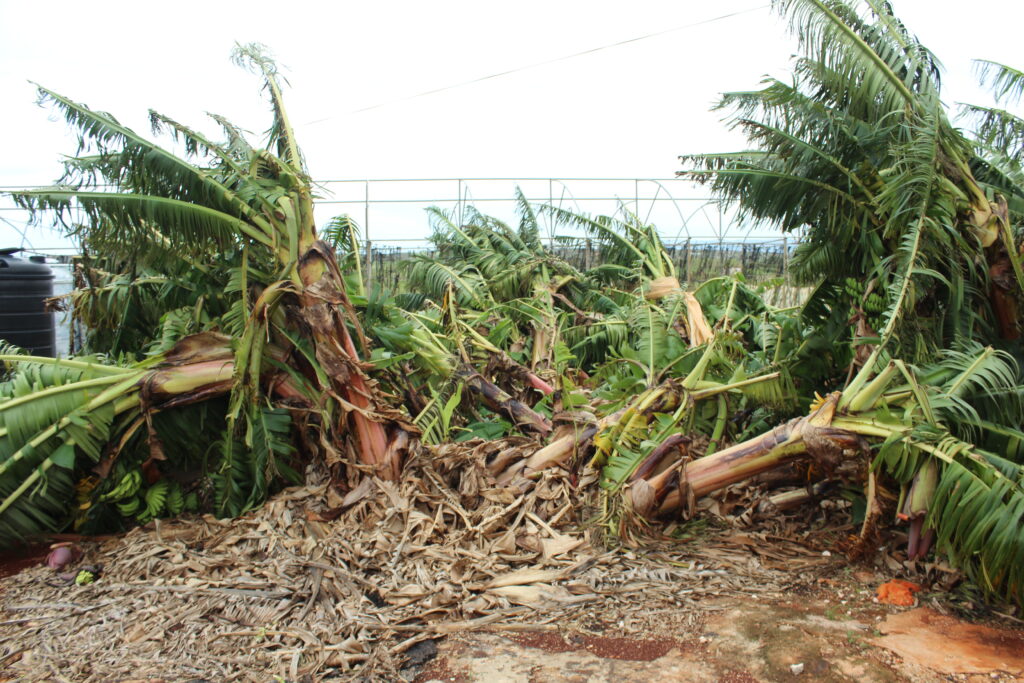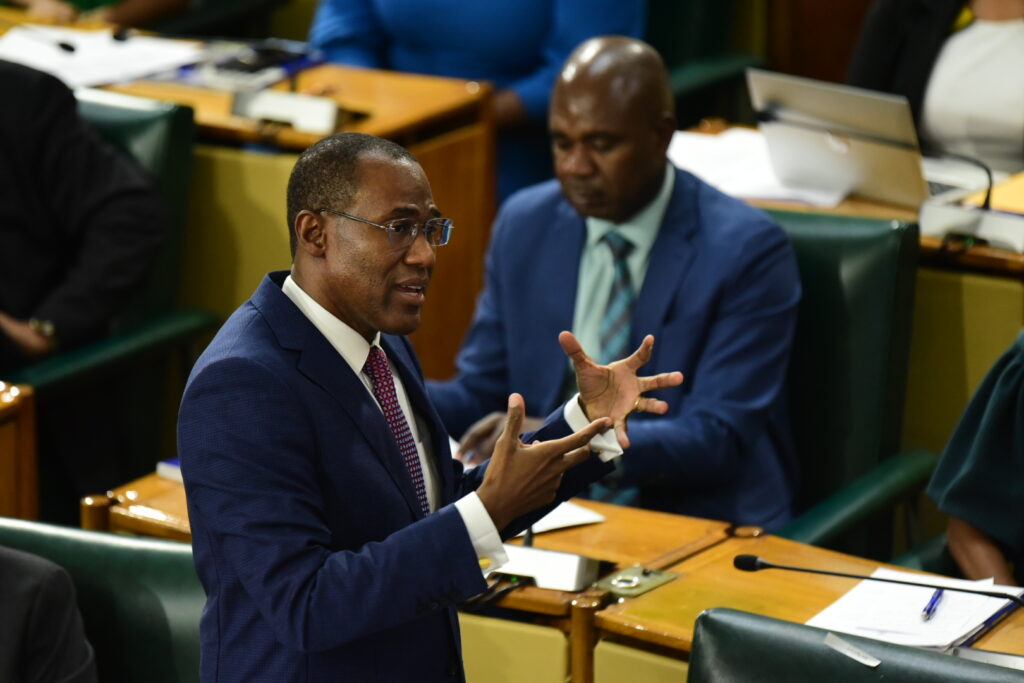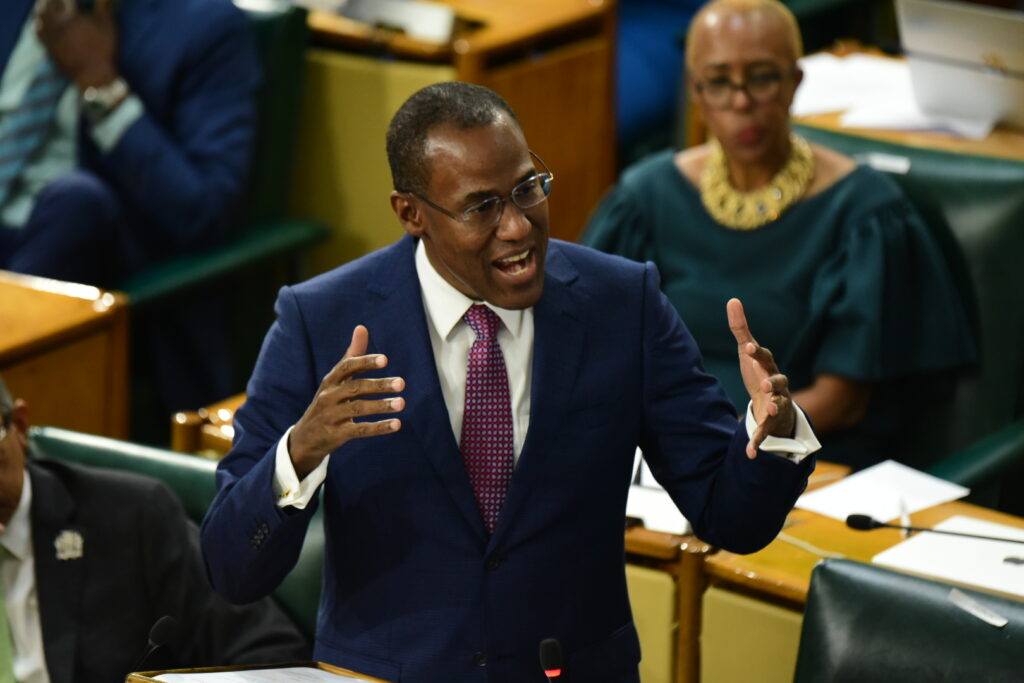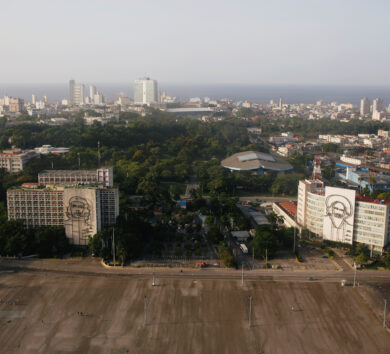
Debt to GDP to end fiscal year at 67%, lowest level in 50 years

Durrant Pate/ Contributor
Having registered two consecutive quarters of growth in the Jamaican economy, Finance Minister, Dr Nigel Clarke has admitted that the economy is expected to contract by 2.1% in the third quarter of the calendar year, as a result of the economic dislocation caused by Hurricane Beryl on July 3.
The economy recorded growth of 1.2% during the first quarter of calendar year 2024 followed by positive real growth of 0.2% in the second quarter of the calendar year, which was lower than projected. The reduced second-quarter growth rate reflects low tourism growth arising primarily from a travel advisory issued by the United States of America.

Speaking in parliament Tuesday where he tabled the revised national budget for 2024/2025, which sees the budget going up by $40.7 billion, Dr Clarke cited the primary reason for the additional expenditure as the damage caused by Hurricane Beryl, the most devastating hurricane to impact Jamaica since Hurricane Dean in 2007.
Arising from this the economy is expected to register a decline of 2.1% in the third quarter of the calendar year, as a result of the economic dislocation caused by the hurricane. “These developments taken together represent a significant growth shock, which is expected to result in a contraction of 0.2% for fiscal year 2024/25 down from the initially expected expansion of 1.8%,” Dr Clarke explained.
Jamaica’s growth shock

The fiscal impact of this growth shock is reflected in the current revised national budget. The Finance Minister was quick to point out the government has been able to make adjustments and to execute transactions such as the recent securitisation transaction that facilitate the continued downward trajectory of the public debt ratio toward the achievement of the 60% of gross domestic product (GDP) by 2027/28.
This feat, he boasted was attained despite the challenges that arise from a growth shock, as significant as the expected 2.0 percentage point deviation in the 2024/25 growth outcome. Debt to GDP is projected to end the fiscal year at 67%, the lowest level in nearly 50 years.
According to Dr Clarke, “the experience so far this year is yet another reminder of the importance of building resilience and the necessity of always having buffers and shock absorbers. These include being ahead of your targets when the opportunity presents itself. Jamaica is structurally vulnerable and this is unlikely to change anytime soon and so we 2 have to take responsibility for this and plan accordingly, thinking about today but also thinking about tomorrow.”

Deviations of the macro-indicators
A major factor influencing the adjustments in the budget is the impact of Hurricane Beryl on the island, which translates into deviations of the macro-indicators from the performances anticipated during the budget preparation period. The most significant adjustment is to the projected real growth in GDP, which is estimated to decline by two percentage points from an expansion of 1.8% to a contraction of -0.2%.
Associated with the shift in the Jamaica’s growth profile is an expected decline in the inflation rate from the originally estimated 5.8% to 4.5%. Adjustments to the 2024/25 fiscal profile have also arisen from the performance of both interest rates and exchange rates within the economic developments that have occurred.







Comments